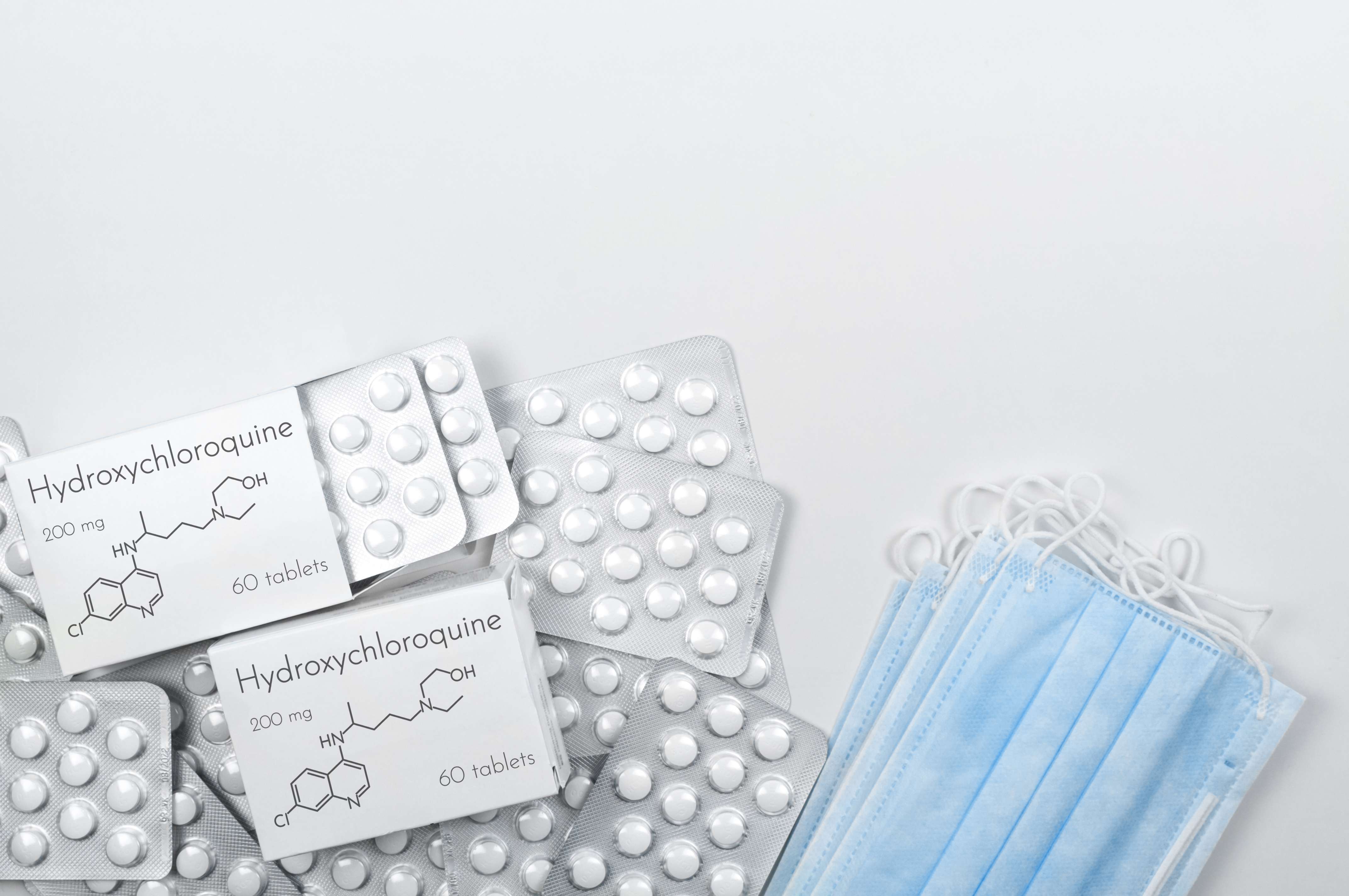Coronavirus Updates
How Can Pregnant Women Protect Themselves from a Potential Third Wave of COVID-19?
4 min read
By Apollo 24/7, Published on - 15 July 2021, Updated on - 18 October 2022
Share this article
0
1 like

The second wave of COVID-19 infection has been catastrophic in India, claiming several lives. While people with comorbidities were considered at risk of developing a severe infection during the second wave, experts have predicted that pregnant and lactating women may be at risk during an anticipated and possible third wave of COVID-19 and hence, should be protected.
According to the World Health Organization (WHO), pregnant women with pre-existing medical conditions such as obesity, diabetes, cystic fibrosis, chronic kidney disease, congenital heart disease, and chronic respiratory conditions like COPD and asthma or have undergone organ transplants, immunosuppression therapies or dialysis are at higher risk of developing severe COVID-19 infection.
Are pregnant women more likely to develop severe COVID-19 infection?
Several studies have shown that COVID-19 infection during pregnancy can not only affect the health of the pregnant woman but also increase the risk of severe diseases in the fetus.
Research conducted indicates that:
- The immune system of a woman suppresses during pregnancy, making them prone to severe infections.
- Pregnant women affected by COVID-19 are also more prone to require intensive medical care and mechanical breathing support as compared to non-pregnant women.
- Pregnant women can also pass the COVID-19 infection to the newborn, increasing the risk for preterm birth, developmental disorders, and in rare cases even death of the baby.
Recommended Read: How Does COVID-19 Affect Pregnant Women and Their Babies?
The necessity to vaccinate pregnant women
The Indian Council of Medical Research (ICMR) conducted a study to find out all the possible ways by which a substantial third wave of COVID-19 could occur. The study published in the Indian Journal of Medical Research on 2nd July 2021, found that:
- Decreasing immunity, the emergence of new and potentially dangerous variants of the virus, and flouting of COVID-appropriate behaviour could be the major reasons for the potential occurrence of the third wave of COVID-19.
- People who have not been vaccinated against COVID-19, including pregnant women and those below the age of 18 years, could be at risk of developing a severe infection during the third wave.
Hence, vaccination of the vulnerable population, including pregnant women could be an effective strategy to reduce the potency of the predicted third wave.
On 2nd July 2021, the Health Ministry of India approved the use of three vaccines: Covishield, Covaxin, and Sputnik V to immunise pregnant women against COVID-19. The government also published certain guidelines to educate pregnant women about the risks of getting vaccinated versus the risks of contracting COVID-19. Pregnant women are advised to get themselves vaccinated after the first trimester (after three months of pregnancy) as the baby’s organs are more developed by then.
Monitoring the potential side effects of vaccination in pregnant women
It is necessary to monitor pregnant women, especially those with co-morbidities such as hypertension and diabetes, after administering the COVID-19 vaccine. A doctor must be consulted immediately if the pregnant woman develops side effects after vaccination, which could typically include:
- Shortness of breath
- Pain in the chest
- Pain and swelling in the limbs
- Bruises or small pinpoint haemorrhages (petechiae)
- Continuous pain in the abdomen with or without vomiting
- Persistent fatigue
- Severe and persistent headaches
- Blurred vision along with pain in the eyes
- Paralysis
- Seizures.
Recommended Read: Tips to Manage COVID-19 Vaccine Side Effects
Essential precautions for pregnant women during the pandemic
The WHO advises pregnant women to get vaccinated after consulting their doctor and take precautionary measures to protect themselves against COVID-19. These measures include:
- Avoid stepping out of the house unless necessary.
- Do not have physical contact with outsiders.
- Keep a bag of essential things prepared that would be required in the hospital during the delivery.
- Continue visiting the doctor for regular prenatal check-ups.
- Use alcohol-based sanitisers or wash hands with soap and water frequently.
- Add five portions of fruits, vegetables and high-protein foods such as soybean, fish, chicken and pulses to the diet.
- Consume immunity-boosting foods such as turmeric, citrus fruits, ginger, honey, etc. after consulting the doctor.
- Practice meditation, breathing exercises, mindfulness and yoga to relieve anxiety and improve sleep.
- Practice moderate-intensity exercises such as brisk walking or riding a stationary cycle to maintain a healthy weight. Consult the doctor before trying any new exercise.
- Seek immediate medical attention in case of any pregnancy-related warning signs such as abdominal pain, bleeding, watery discharge, and severe headache.
Takeaway
Several hormonal and physical changes that occur during pregnancy can make pregnant women immunocompromised. Furthermore, the COVID-19 virus can spread from the mother to the child via the placenta, mother’s body fluids or during delivery. Hence, it is extremely important to vaccinate pregnant women against COVID-19 to ensure their and the baby’s safety before the onset of any new waves of the pandemic.
Coronavirus Updates
Leave Comment
Recommended for you

Coronavirus Updates
Is Hydroxychloroquine a cure for COVID-19?
There are no treatments available for the Coronavirus presently. However, doctors are trying out various treatment options one of which is the use of Hydroxychloroquine, an anti-malarial drug.

Coronavirus Updates
How do we Shop for Grocery Safely During COVID-19?
It is quite normal to be worried about getting infected by Coronavirus when stepping out to buy groceries. However, you can take some precautions mentioned in this article to ensure your safety.

Coronavirus Updates
Exploring the Impact of COVID-19 on Men’s Health
Research suggests that COVID 19 survivors are at a risk of developing sexual, psychological and cardiovascular health issues. Read to know more.
Subscribe
Sign up for our free Health Library Daily Newsletter
Get doctor-approved health tips, news, and more.
Visual Stories

Explained: The Highly Transmissible SARS-CoV-2 Variants
Tap to continue exploring
Recommended for you

Coronavirus Updates
Is Hydroxychloroquine a cure for COVID-19?
There are no treatments available for the Coronavirus presently. However, doctors are trying out various treatment options one of which is the use of Hydroxychloroquine, an anti-malarial drug.

Coronavirus Updates
How do we Shop for Grocery Safely During COVID-19?
It is quite normal to be worried about getting infected by Coronavirus when stepping out to buy groceries. However, you can take some precautions mentioned in this article to ensure your safety.

Coronavirus Updates
Exploring the Impact of COVID-19 on Men’s Health
Research suggests that COVID 19 survivors are at a risk of developing sexual, psychological and cardiovascular health issues. Read to know more.